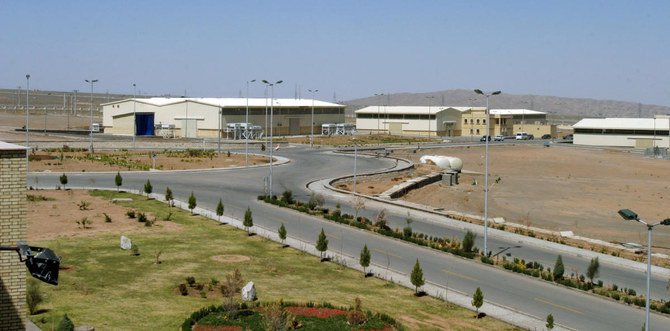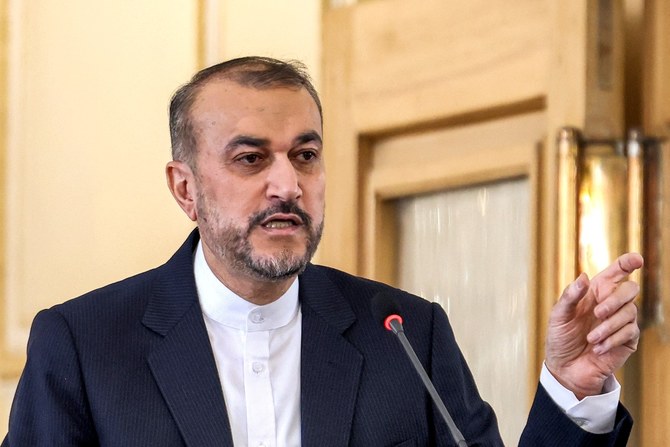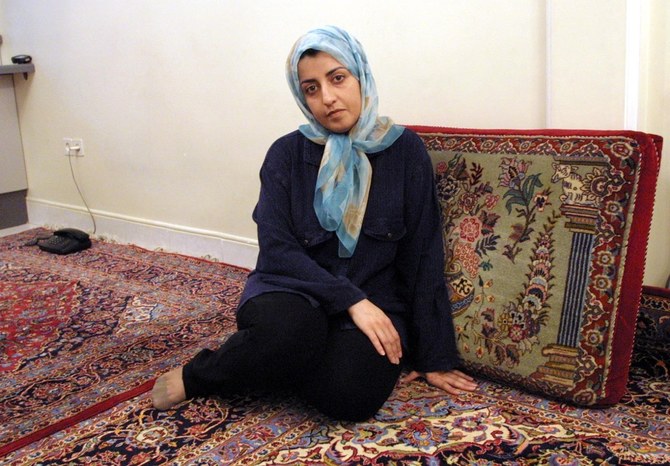MOSCOW: Russia on Thursday urged Iran to show restraint after it started producing uranium metal in a new breach of limits laid out in Tehran’s nuclear deal with world powers.
“We understand the logic of their actions and the reasons prompting Iran. Despite this it is necessary to show restraint and a responsible approach,” Deputy Foreign Minister Sergei Ryabkov told state news agency RIA Novosti.
The Vienna-based International Atomic Energy Agency (IAEA) said Wednesday that it had verified the production of 3.6 grams of uranium metal at a plant in Iran.
The landmark deal — reached in 2015 by the United States, China, Russia, Germany, France and Britain — contained a 15-year ban on “producing or acquiring plutonium or uranium metals or their alloys.”
Iran said last month it was researching uranium metal production, a sensitive issue because uranium metal can be used as a component in nuclear weapons.
Ryabkov said Iran’s move demonstrated Tehran’s “determination not to put up with the current situation,” after it warned that time was running out for US President Joe Biden’s administration to save the agreement.
In 2018, US president Donald Trump dramatically withdrew from the Iran nuclear deal and reimposed crippling economic sanctions on Tehran.
Trump’s successor Biden is seeking to revive the agreement, but the two sides appear to be in a standoff over who acts first.
AFP






















